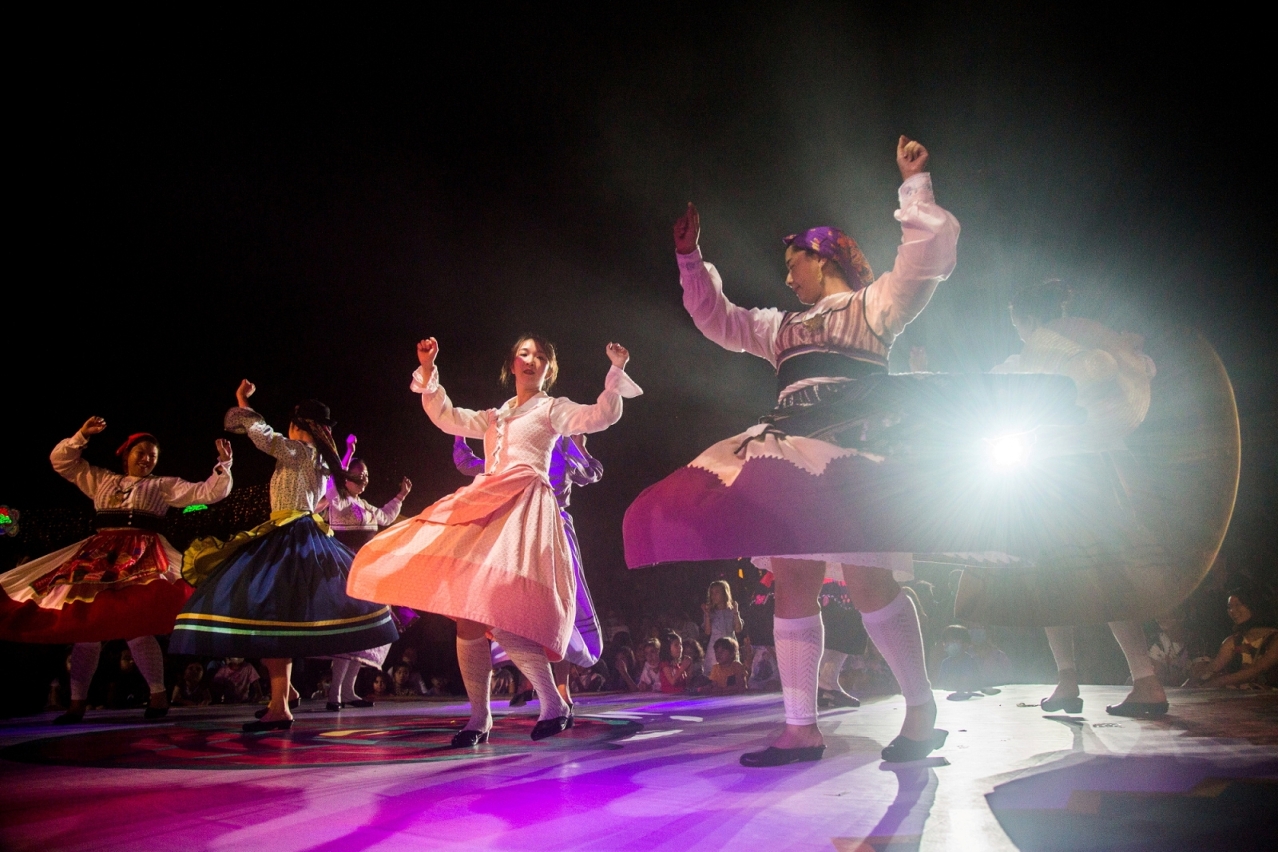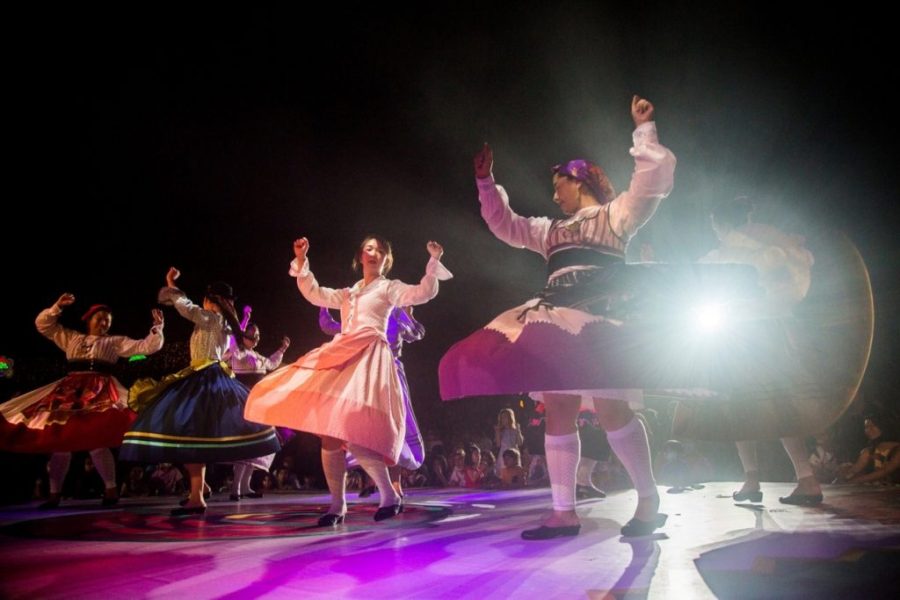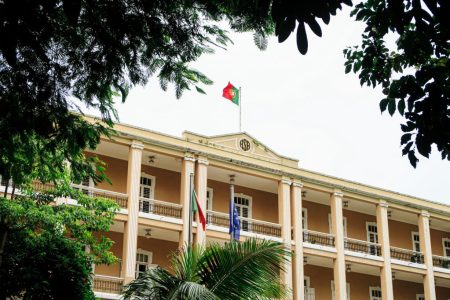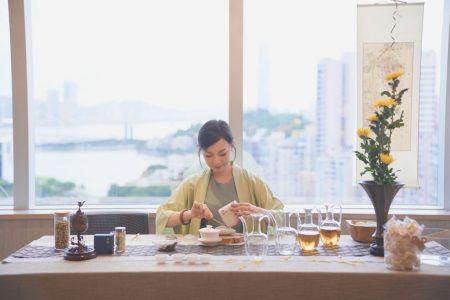A wide-ranging festival is set to liven up the arts and culture scene in Macao over the next two months.
The 3rd Encounter in Macao – Arts and Cultural Festival between China and Portuguese-speaking Countries (PSCs) will be staged in November and December, the Cultural Affairs Bureau has announced.
The festival features six main highlights: the Lusofonia Festival, Traditional Music and Dance Performance in the Community, the China and Portuguese-speaking Countries Film Festival, the Annual Arts Exhibition between China and Portuguese-speaking Countries, the Belt and Road Cultural Talk Series – Samba and Dance, and the Taipa Houses 100th Anniversary Activities.
The festival not only showcases the diverse cultures of China and PSCs, but also aims to deepen the establishment of Macao as a cultural exchange centre between China and Portuguese-speaking countries, offering residents a unique Sino-Portuguese cultural experience.
The Lusofonia Festival will be integrated in this year’s Arts and Cultural Festival between China and Portuguese-speaking countries, allowing the public to take part under the theme of customs and culture from Portuguese-speaking countries and regions, enriching their cultural experience and enhancing the effect of the festival.
For three days of the festival, booths of Macao’s Portuguese-speaking communities from 10 countries and regions, namely Angola, Brazil, Cape Verde, Guinea-Bissau, Goa, Damão and Diu, Mozambique, Portugal, São Tomé and Príncipe and East Timor, as well as the Macanese community, will introduce their traditional music, arts and crafts, costumes and cuisine, allowing the public to experience the culture and traditions of different regions.
The China and Portuguese-speaking Countries Film Festival, themed The Gourmets of Cinema, features 30 films from China and Portuguese-speaking countries.
To celebrate the 100th anniversary of the Taipa Houses, the bureau will hold a series of themed activities, including Guided Tours at Taipa Houses and Paper Cut Light Box DIY Workshop, allowing the public to learn about the distinctive features of the Taipa Houses as well as their historical stories and surrounding communities from different perspectives.






